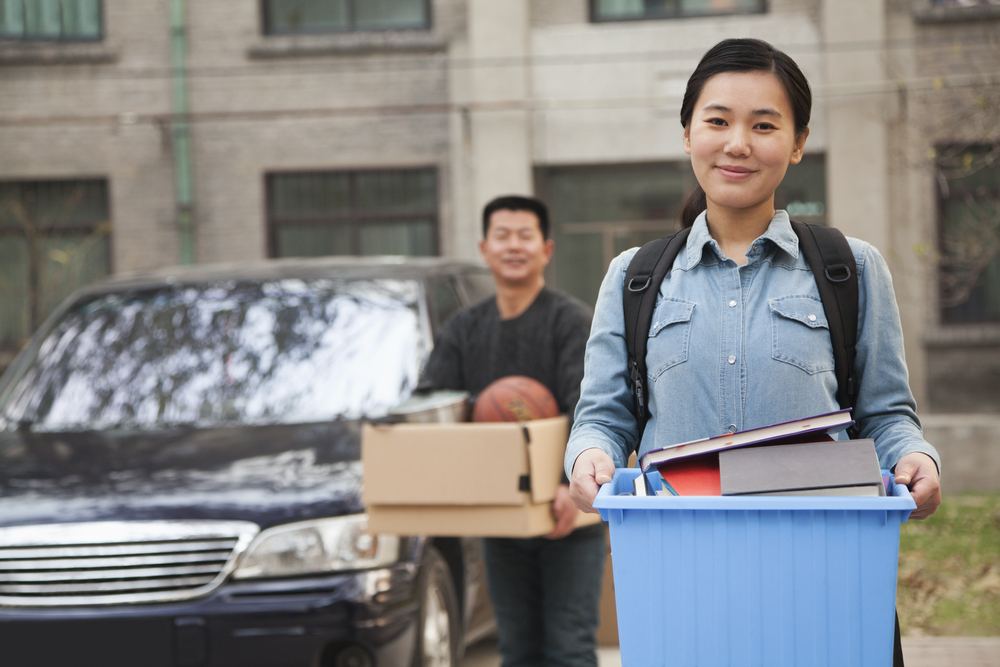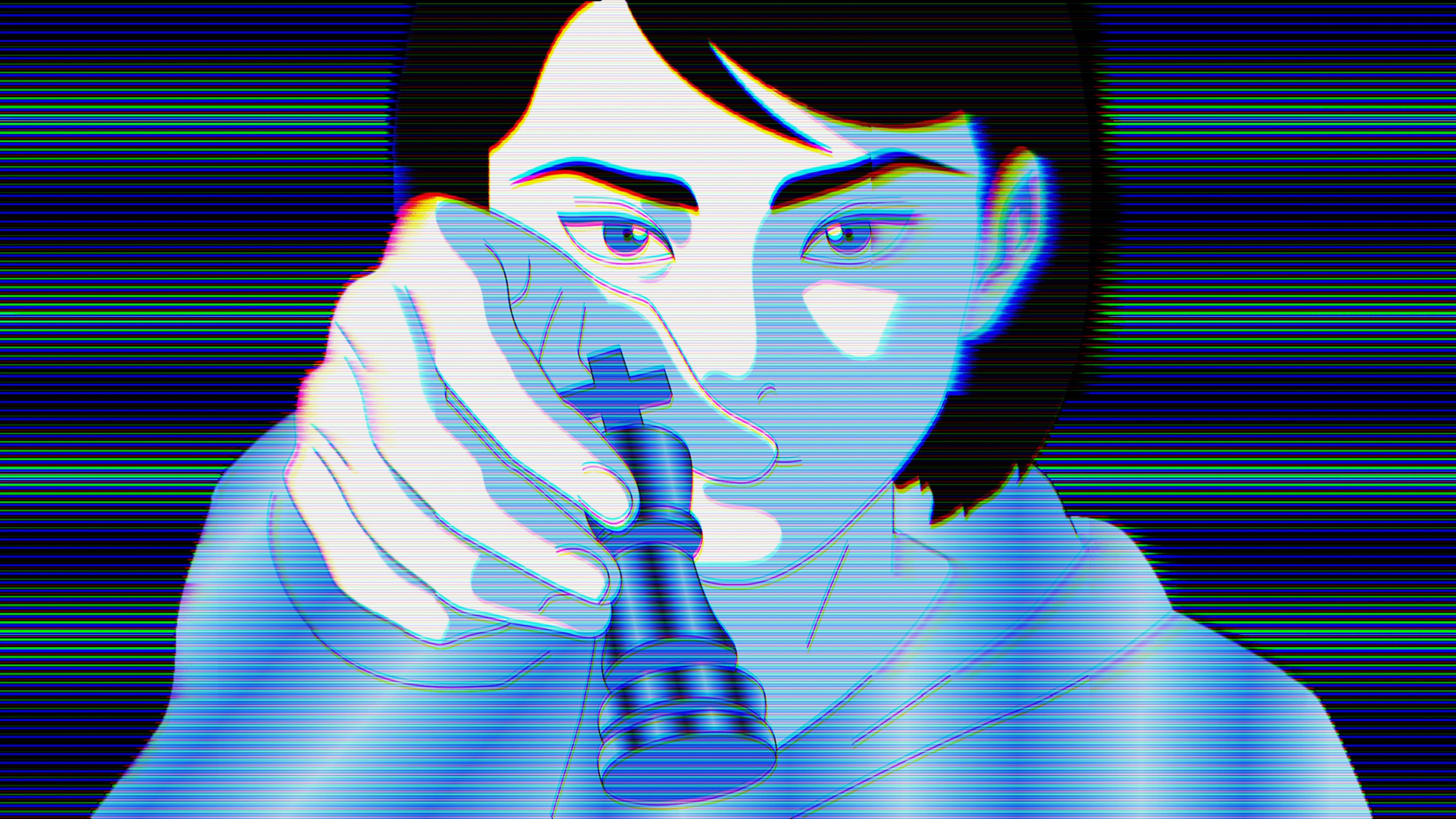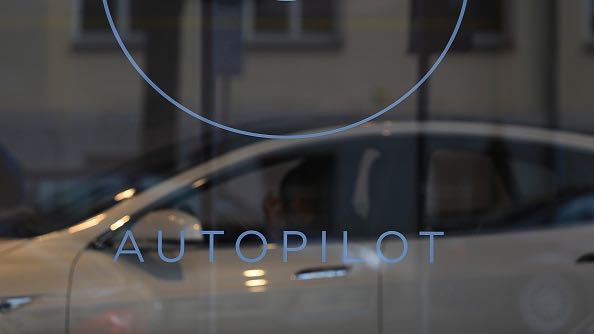Helicopter Parents Are Causing Their Kids’ Mental Health Problems

“Our sense of what is ‘best’ for our kids is completely out of whack,” writes Julie Lythcott-Haims in her new bookHow to Raise an Adult. Lythcott-Haims, a former dean at Stanford, recounts her experience on the front lines of the college mental health crisis, learning that as many as a quarter of university students were taking Adderall, Prozac, or some other form of psychotropic drug. In How to Raise an Adult, she takes aim at the root cause: helicopter parents.
For those unfamiliar with the nifty idiom, a helicopter parent is one who can’t help but “hover” around their children. They tend to be overprotective, overbearing, and entirely too controlling. Ever heard of a mom or dad call up their kid’s college professor to ask how Junior can scrounge together some extra credit? That’s a helicopter parent.
Lythcott-Haims raises many important points in her book on topics ranging from coping mechanisms to the unquantifiable value of mistakes and failure, but the most notable argument (and the main thrust of an excerpt published this week at Slate) is that these constricting forms of parenting come with serious psychological consequences. Not only are they a severe life-skills retardant, but also extreme levels of parental control correlate to mental health problems for college-age kids:
“As parents, our intentions are sound — more than sound: We love our kids fiercely and want only the very best for them. Yet, having succumbed to a combination of safety fears, a college admissions arms race, and perhaps our own needy ego, our sense of what is ‘best’ for our kids is completely out of whack. We don’t want our kids to bonk their heads or have hurt feelings, but we’re willing to take real chances with their mental health?”
Lythcott-Haims runs through multiple studies over the past decade summarizing the social and psychological risks of being a helicopter parent’s child. These kids are “less open to new ideas and actions and more vulnerable, anxious, and self-conscious.” When they reach college, children of overbearing parents are more likely to be medicated for anxiety or depression. Each study referenced points to the child’s need for degrees of autonomy. Stifling these needs hampers development and maturity.
“The data emerging about the mental health of our kids only confirms the harm done by asking so little of them when it comes to life skills, yet so much of them when it comes to adhering to the academic plans we’ve made for them.”
Read more at Slate.
It’s not just poor parenting that’s harming our kids. Our education system likewise fails to equip children with the abilities and practices necessary for problem-solving. Below, theoretical physicist Lawrence Krauss explains why it’s important to rethink education:
Stock photo © IRYNA KAZLOVA / Getty





